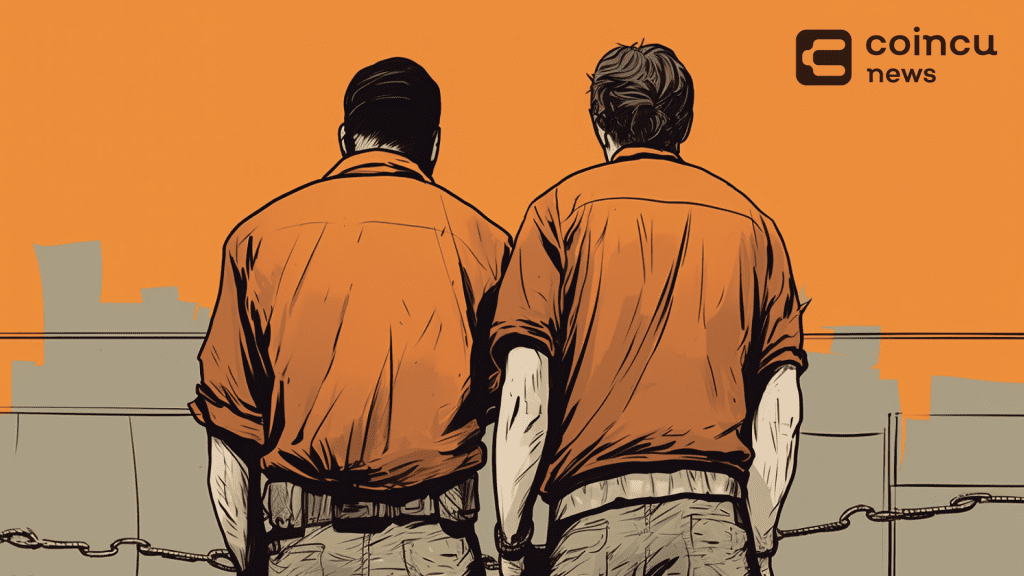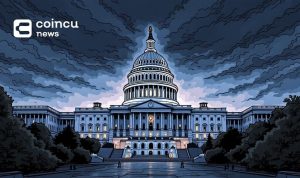Two Binance Executives Were Arrested For Two Weeks From February 25
Key Points:
- Binance executives,Tigran Gambaryan and Nadeem Anjarwalla, were detained in Nigeria over alleged illegal transactions.
- The Nigerian government demands $10 billion in penalties from Binance for processing $26 billion in illicit flows last year, escalating tensions.
- Families express deep concern over the lack of information and uncertainty surrounding the detention.
Two senior Binance executives, Tigran Gambaryan and Nadeem Anjarwalla, have been detained by Nigerian authorities for the past two weeks amidst ongoing disputes between the cryptocurrency exchange and the Nigerian government.

Binance Executives Detained in Nigeria Amid Allegations
According to local reports, the Binance executives were detained shortly after arriving in Abuja, the Nigerian capital, on February 25 to discuss the government’s recent restrictions on cryptocurrency exchanges.
Gambaryan, a US citizen, and Anjarwalla, a UK-Kenyan dual citizen, were held against their will and stripped of their passports by the National Security Agency. Despite visits from US and UK representatives, the two men remain under guard and have not been able to communicate privately.
The families of Gambaryan and Anjarwalla have expressed deep concern and frustration over the lack of information and uncertainty surrounding the situation.
Binance’s Current Legal Difficulties
The detention follows accusations by Nigerian authorities that Binance profited from “illegal transactions” at Nigeria’s expense, with demands for a minimum of $10 billion in penalties for alleged illicit activities. The Nigerian government claims Binance processed illicit flows of $26 billion.
Binance, which has faced regulatory scrutiny in the US, was already under investigation by Nigerian authorities prior to the detention of its executives. The situation reflects broader tensions between cryptocurrency exchanges and governments worldwide, particularly regarding regulatory compliance and financial transparency.
| DISCLAIMER: The information on this website is provided as general market commentary and does not constitute investment advice. We encourage you to do your own research before investing. |






















